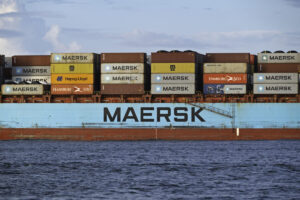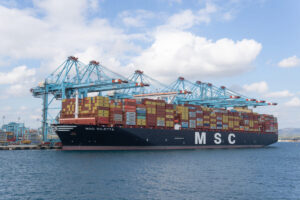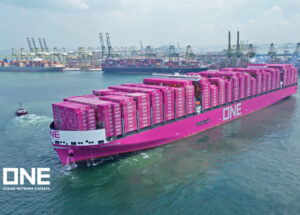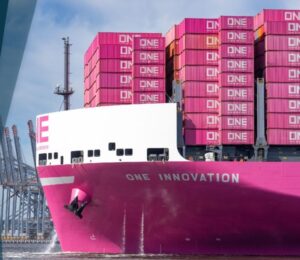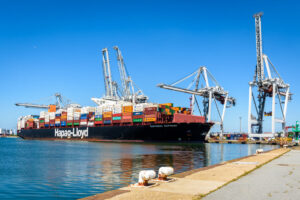The competitiveness of Africa’s economies will depend on the efficiency of African ports, according to the African Development Bank’s first Transport Forum held at its headquarters in Abidjan, Côte d’Ivoire, Western Africa.
Participants at a session on ‘Improving Ports: Gateways to Africa’ discussed the inefficiency facing Africa’s ports, which they said was caused by poor infrastructure, including old and unsuitable equipment and vessels, inadequate technology and congestion.
Admou Saley Abdourahamane, the Secretary General of Union of African Shippers Council, said: “Port capacity and logistics cannot handle the increasing traffic across most of Africa, causing congestion.”
He added that the congestion was due to factors such as deficient physical infrastructure (inadequate capacity particularly in terminal storage and maintenance), weak regulatory systems and poor management, all which amounted to poor port efficiency.
Abdourahamane said: “What this situation does is to contribute to the marginalisation of the continent from international markets.”
In total, Africa has 66 ports and 28 of them are in West Africa.
Infographic: African TEU Volumes
Even though the state of roads in Africa is poor, it was noted that ports contribute in a big way to transport delays.
Drepoba Leandre Sery, Manager at the Port of Abidjan, said: “It takes 12-13 or sometimes more days to transport cargo in Côte d’Ivoire, while it takes much shorter time outside the continent.”
Statistics from the World Bank indicate that cargo traveling from a port to a city in a landlocked Sub-Saharan African country generally spends 75% of its time at the port than on the road.
Also, that cargo spends nearly three weeks on average in Sub-Saharan African ports, compared to less than a week in large ports in Europe, Latin America and Asia.
This, experts stress, harms Africa’s economy, deterring the promotion of value-added industries that rely on time-sensitive supply chains.
Countries have embarked on measures to address these challenges. For example, Côte d’Ivoire has set up a competitiveness commission to look into ways of improving the operations of its ports, including expansion.
Abdourahamane said: “We have had situations where one or two companies dominate the markets and determine prices. This is not helpful to our economies because the same operators end up being the ones that benefit from the delays because they derive revenue from every delay.”
It was previously reported that port and terminal operator DP World had outlined a five point plan for developing Africa’s infrastructure, covering elements which include public-private partnerships and enhanced trade integration.
Read a Technical Paper on DP World’s Container Terminal 3 and the Port of Jebel Ali

